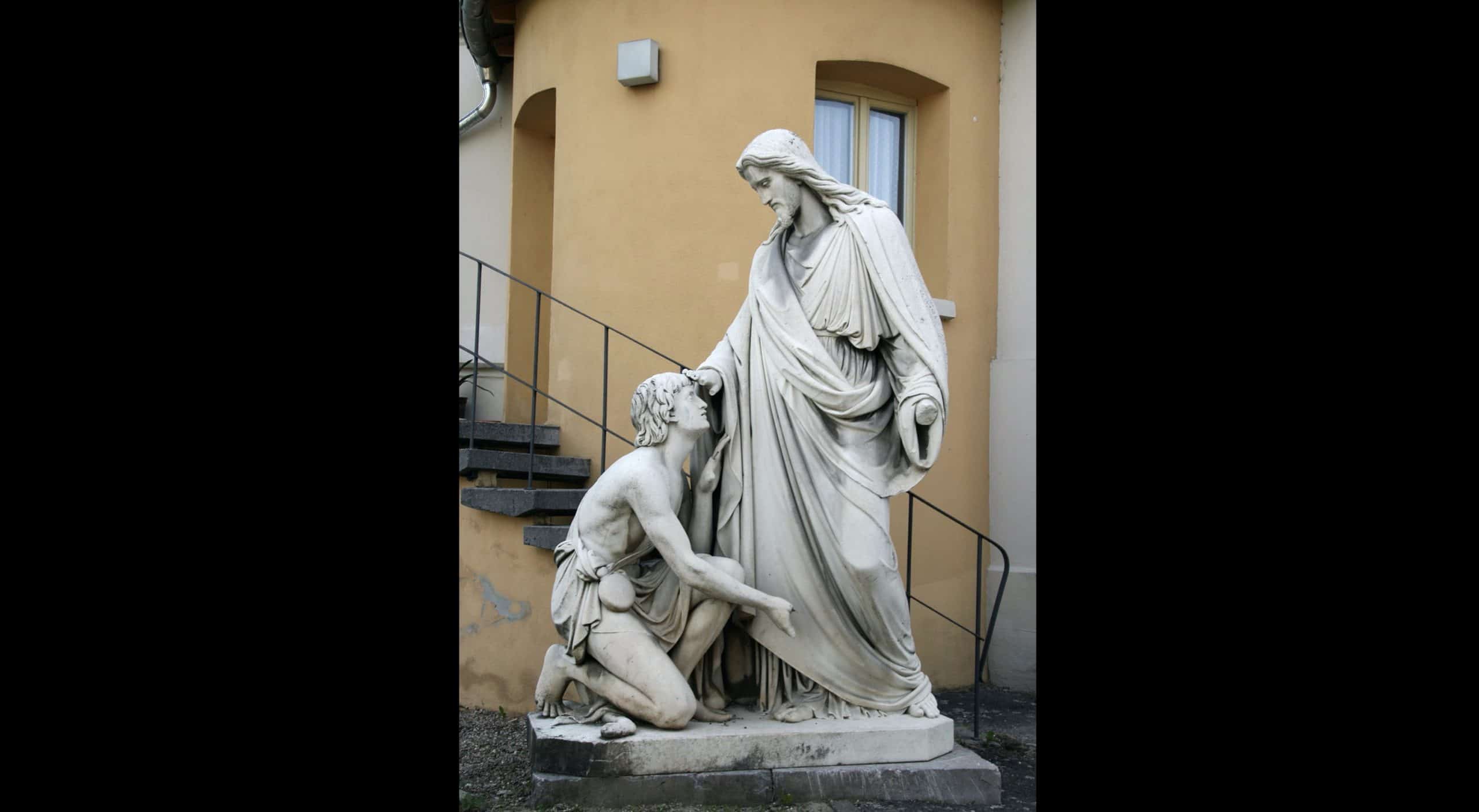God has revealed Himself, and He’s revealed Himself in history and in the Person of Jesus Christ. This doesn’t mean God never unveiled Himself in other ways; He spoke to many individuals in a variety of ways throughout the Old Testament. Still, God’s fullest and most complete disclosure of Himself occurred in and through His Son (see Heb. 1:1-4). It is vital for Christians to understand that, more than anything else, Christianity is about who Jesus was and is (see John 1:1-18; 1 John 1:1-3). Beyond that, given who He is, it’s about what He did. Jesus could accomplish what He did because of who He was—and He talked about who He was in such a way that both His followers and His enemies understood Him plainly.
- Jesus told the religious leaders opposing Him, “You search the Scriptures, for in them you think you have eternal life; and these are they which testify of Me. But you are not willing to come to Me that you may have life.” (John 5:39-40).
- In a conversation with His disciples recorded in Matthew 16:13-20 (see also Mark 8:27-30; Luke 9:18-21), Jesus asked, “Who do men say that I, the Son of Man, am?” Jesus often referred to Himself as the Son of Man. Note that He didn’t ask His disciples, “What do people think of My teachings?” but “Who do people believe I am?” Peter reported people were saying He was John the Baptist, Elijah, Jeremiah, or some other prophet. Then Jesus asked His disciples directly, “But who do you say that I am?” Simon Peter replied, “You are the Christ, the Son of the living God.” Significantly, Jesus praised Peter for his answer: “Simon Bar-Jonah [Simon, son of Jonah], for flesh and blood has not revealed this to you, but My Father who is in heaven.”
- Jesus declared, “If anyone thirsts, let him come to Me and drink. He who believes in Me, as the Scripture has said, out of his heart will flow rivers of living water” (John 7:37-38).
- Jesus made seven specific claims to deity that John recorded in His Gospel. These are called Jesus’ “I am” statements. Here are those statements (John 6:35; 8:12; 10:9; 10:11; 11:25-26; 14: 6; 15:5; we’ll cite some of these again shortly). An article about the “I am” statements of Jesus is available here.
I am the way, the truth, and the life. No one comes to the Father except through Me.
—Jesus to Thomas in John 14:6—
- Jesus told the religious leaders who had accused Him of having a demon that they’d never known His Father. Then He added, “but I know Him. And if I say, ‘I do not know Him,’ I shall be a liar like you; but I do know Him and keep His word. Your father Abraham rejoiced to see My day, and he saw it and was glad.” The Jews couldn’t believe what Jesus had said about Abraham, so they asked Him how He could have seen the patriarch since He wasn’t yet 50 years of age. Jesus answered, “Most assuredly, I say to you, before Abraham was, I AM” (John 8:55-58; see also Ex 3:13-14).
Jesus taught much about how people should live, but at the core of it all were His claims to be the source of life (see Matt. 7:24-29; 12:8; Mark 8:34-38; John 6:35; 8:12; 10:7-14; 11:25-26; 15:1-5). Other religious leaders have pointed people to what they believed were the ways to God; but Jesus said, “I am the way, the truth, and the life. No one comes to the Father except through Me.” (John 14:6, emphasis added).
Without Buddha or Mohammed, Buddhism and Islam would change little, and so would many other religions if their founders were removed from their religions. “But take Jesus Christ out of Christianity, and there would be nothing left, for Christianity is not a philosophy or ethic but a personal relationship with a living, risen Savior”
—Bill Bright—

The late Dr. Bill Bright, president and founder of Campus Crusade for Christ (now Cru1), observed that without Buddha or Mohammed, Buddhism and Islam would change little, and so would many other religions if their founders were removed from their religions. “But take Jesus Christ out of Christianity, and there would be nothing left, for Christianity is not a philosophy or ethic but a personal relationship with a living, risen Savior” (Bill Bright, Who Is This Jesus? [Peachtree City, GA: Campus Crusade for Christ, 2007], 4).
Jesus is the focal point of God’s work in history.
A reproducible PDF file of this article is available here.
Copyright © 2016 B. Nathaniel Sullivan. All rights reserved.
1Unfortunately, in recent years, Cru apparently has departed from its biblical, founding ideals.
top image credit: Jesus healing blind Bartimaeus, by Johann Heinrich Stöver, 1861
